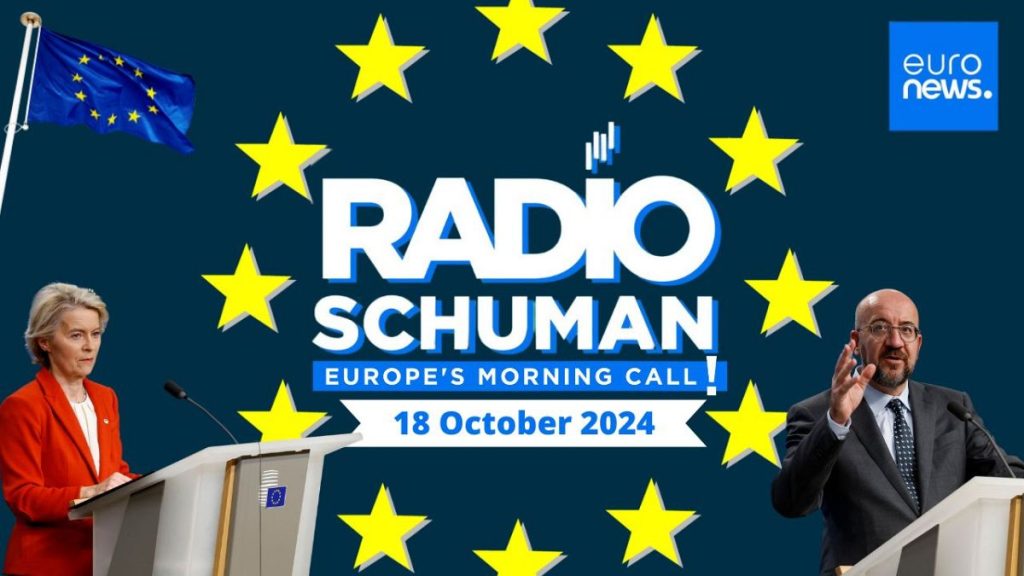The European Council summit concluded with migration policy dominating the agenda. Leaders discussed the possibility of implementing “return hubs,” which are centers in third countries where migrants within the EU, whose asylum claims have been rejected and cannot be repatriated, would be held. This signals a potential radical shift in how the EU approaches migration. The summit also touched on the European Union’s asylum and migration pact, set to be implemented in 2026, but the final conclusions made no mention of return hubs or provided a timeline for the new migration pact. Ursula von der Leyen suggested that temporary and proportionate measures might be legally feasible, hinting at a new approach to managing migration within the EU.
The European Council called on the European Commission to propose new legislation on deporting rejected asylum seekers still residing in the EU. There was also support for Poland’s call to give nation states the right to temporarily suspend asylum applications. This move indicates a willingness among leaders to give more authority to individual nations when it comes to managing asylum seekers within their borders. Additionally, discussions at the summit touched on the far-right Patriots of Europe pre-summit meeting, featuring exclusive sound bites from Dutch far-right leader Geert Wilders. This highlights the political landscape in Europe and the presence of far-right ideologies within certain political circles.
In a surprising turn of events, the summit did not provide a timeline for the implementation of the EU’s new migration pact. This leaves uncertainty surrounding the future of migration policy in the bloc and raises questions about how leaders plan to address the ongoing challenges related to migration. Despite the lack of specifics in the final conclusions, the discussions around return hubs and the asylum and migration pact indicate a potential shift in how the EU approaches migration management. The focus on deporting rejected asylum seekers and giving nation states more control over asylum applications suggests a move towards a more restrictive approach to migration within the EU.
The summit highlighted a potential shift in how the EU approaches migration management, with discussions around proposals such as return hubs and the asylum and migration pact. While the final conclusions did not provide a clear timeline for the implementation of these proposals, there was a call for new legislation on deporting rejected asylum seekers and support for giving nation states more authority over asylum applications. The presence of far-right ideologies within certain political circles was also evident at the summit, as highlighted by the pre-summit meeting of the Patriots of Europe. This indicates the complex political landscape in Europe and the challenges facing leaders in managing migration.
Overall, the European Council summit focused heavily on migration policy, with discussions around new proposals and potential changes to the EU’s approach to managing migration. Despite the lack of specifics in the final conclusions, the summit highlighted a potential shift towards a more restrictive approach to migration within the EU. The presence of far-right ideologies within certain political circles was also evident, underscoring the political challenges facing leaders in Europe. The lack of a timeline for the implementation of the new migration pact raises questions about the future of migration policy in the bloc and the strategies that leaders will adopt to address the ongoing challenges related to migration.


